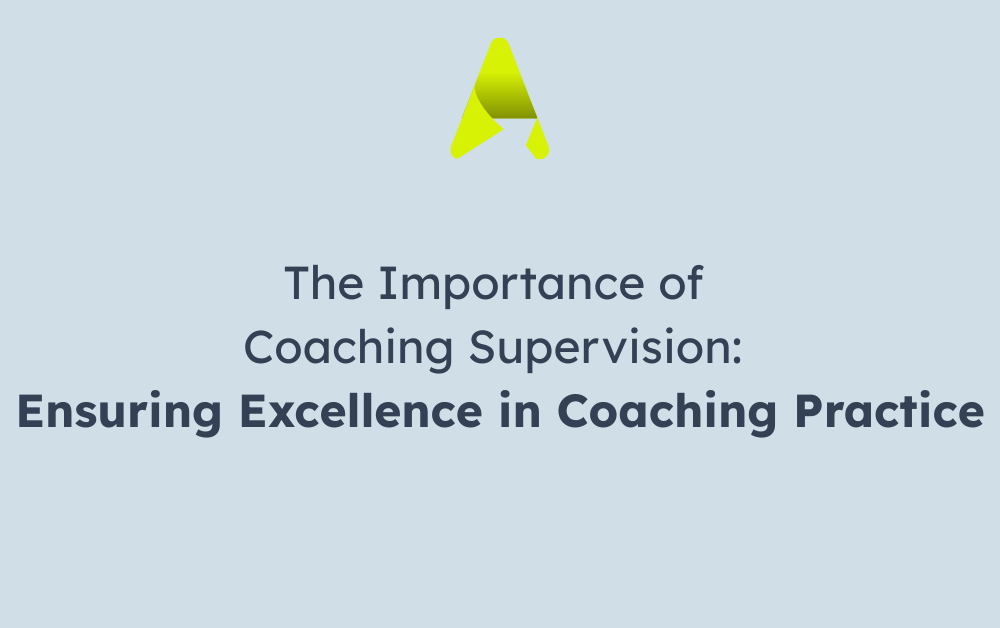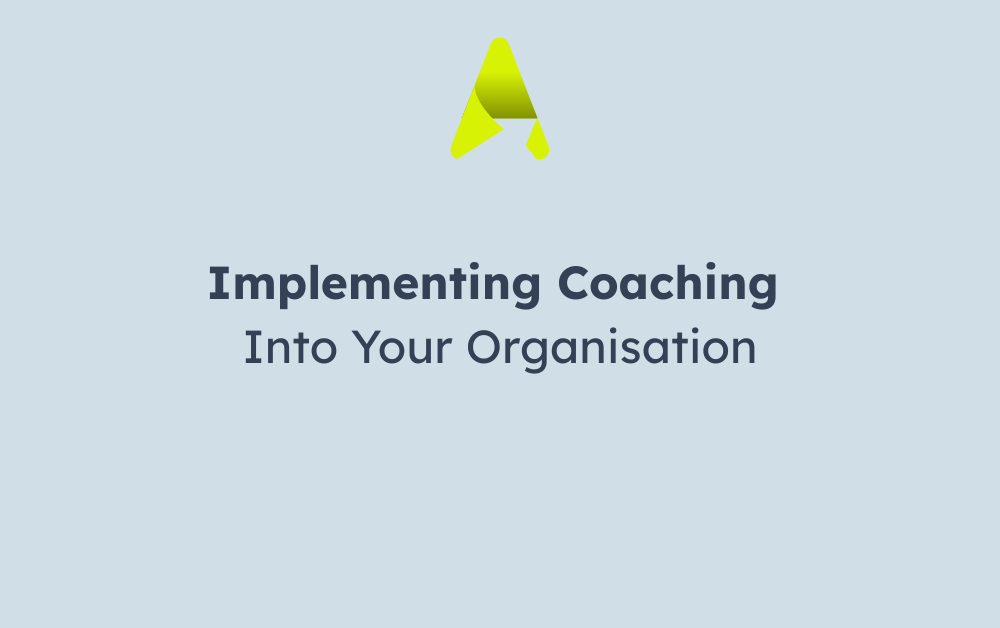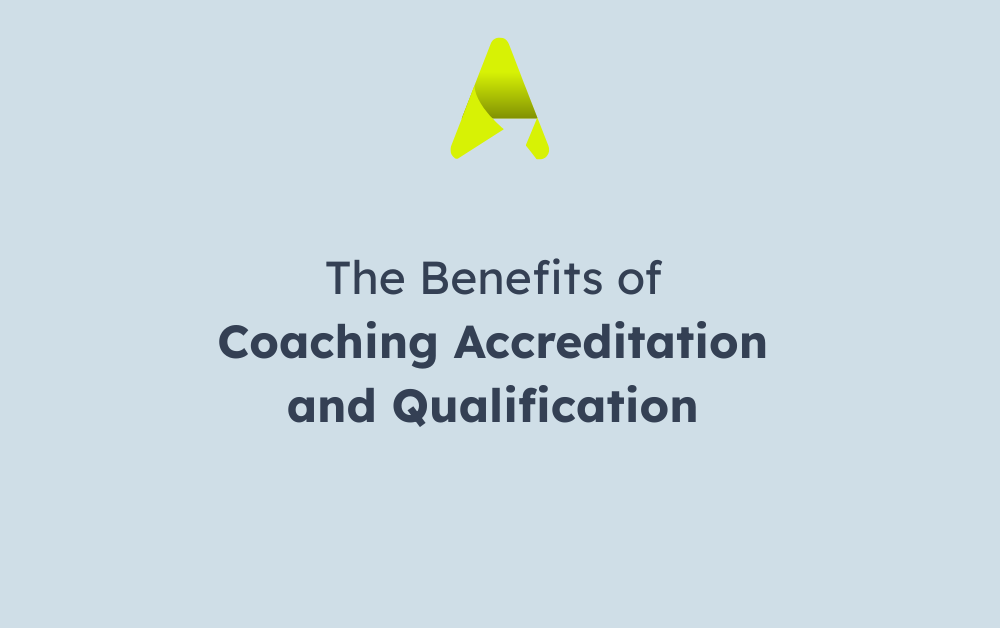Professional Strategies for Aspiring Non-Executive Directors and Board Advisors
Making the transition from an executive to a Non-Executive Director (NED) or board advisor role requires more than just an impressive resume. It calls for a fundamental shift in mindset, strategic positioning, and the ability to demonstrate value in a very different governance context. For C-suite professionals preparing for their first or next board interview, success depends on showing you can guide, not just do; advise, not just execute.
This guide covers the advanced preparation strategies and boardroom-specific insights that experienced executives need to elevate their candidacy.
Understanding the Unique Nature of a Board Interview
Board interviews differ significantly from traditional executive interviews. They’re less about operational track records and more about how you think, how you listen, and how you contribute at a strategic level without overstepping into management.
Expect your interviewers, typically the Chair, other NEDs, or a nominations committee, to probe your judgment, governance mindset, independence, and ability to add value to boardroom deliberations.
Key Questions You’ll Face:
- How do you challenge constructively at board level?
- What’s your view on the role of the board in setting culture or managing risk?
- Can you give an example where your insight shifted a strategic conversation?
-
Tip: Focus less on your operational detail and more on your ability to offer high-value oversight, challenge, and support at a remove from the executive.
Preparation: What Boards Are Really Looking For
C-suite professionals often assume their seniority will speak for itself. But board interviews are about fit, mindset, and governance fluency, not just stature.
Core Competencies for NEDs and Advisors:
- Strategic thinking over tactical execution
- Independent judgment and integrity
- An understanding of fiduciary duties and governance structures
- Active listening and an ability to collaborate without dominating
Boards also look for diversity of thought, industry insight, and complementary perspectives to strengthen collective decision-making.
How to Prepare Like a Board-Ready Leader
1. Understand the Organisation Deeply
Go beyond the public materials. Read integrated reports, financial statements, board composition details, and recent governance news. Familiarise yourself with the Chair’s background, the CEO’s track record, and any strategic inflection points the organisation is facing.
2. Clarify Your Value Proposition
Board time is scarce, so your contribution must be clear. Reflect on what you offer:
-
Do you bring sectoral insight?
-
Are you an expert in digital transformation, ESG, regulation, or M&A?
-
Have you helped organisations navigate crises or cultural change?
Tailor your narrative to align with the board’s current and future challenges.
3. Reframe Your Executive Experience
Use board-relevant language to describe your experience:
- “I’ve chaired internal risk and audit committees reporting to group boards”
- “I’ve led strategy reviews at executive level and worked closely with NEDs on capital allocation”
Position yourself as someone who understands and respects the boundary between governance and management.
Advanced Interview Strategies
Build Rapport with the Chair
The Chair’s endorsement is critical. Demonstrate that you understand the board’s dynamics and how to work within them. Be prepared to speak about:
- Your approach to constructive challenge
- How you build trust and influence with senior stakeholders
- How you’ve observed boardroom behaviours that support or hinder effectiveness
Emphasise Governance Awareness
Show that you’re up to date with key regulatory and governance developments (e.g., UK Corporate Governance Code, ESG reporting frameworks, cyber oversight trends). Share how you stay informed and how these shape your thinking.
Showcase Emotional Intelligence
Boards operate at the edge of trust, nuance, and influence. Use examples to highlight your diplomacy, discretion, and self-awareness.
Don’t Oversell
Boards need balance and maturity, not ego. Avoid overplaying your achievements – focus instead on your impact in collective settings and how you help others succeed.
Common Pitfalls for First-Time NED Candidates
-
Talking like an operator, not a governor
-
Overpromising time or expertise
-
Failing to research the organisation’s risk context
-
Underestimating cultural fit with the existing board
Securing a NED or board advisory role is not just about past success, it’s about proving you can transition to a governance mindset and work as part of a strategic collective. The best candidates are those who bring not only technical and sectoral insight, but emotional intelligence, humility, and a clear sense of boardroom contribution.
For C-suite professionals, this may be the most rewarding career pivot yet, one that leverages your experience in service of impact, not execution.
Need more support?
Book a complimentary 1:1 consultation or CV strategy review with our board readiness advisors.




